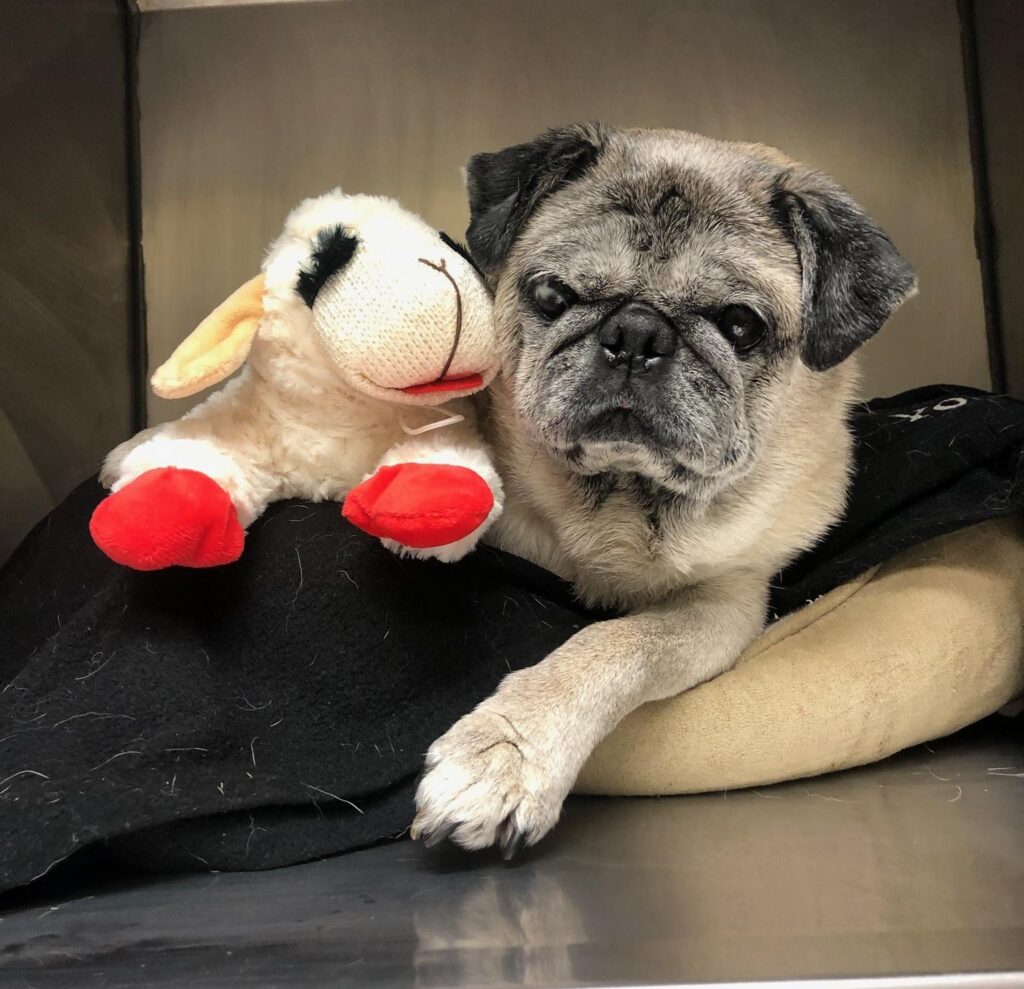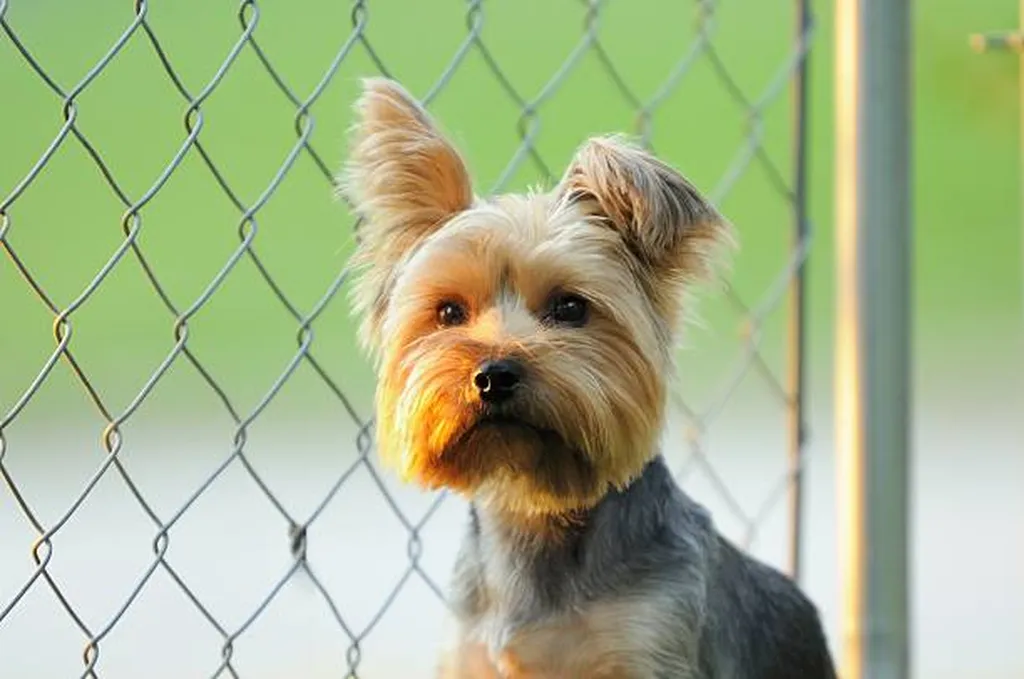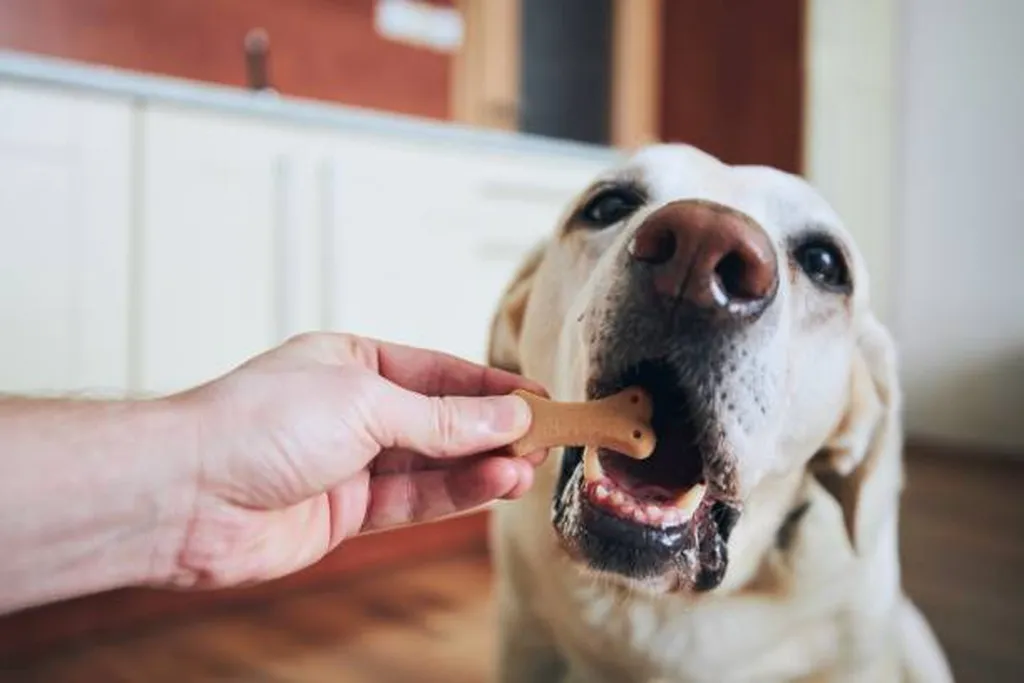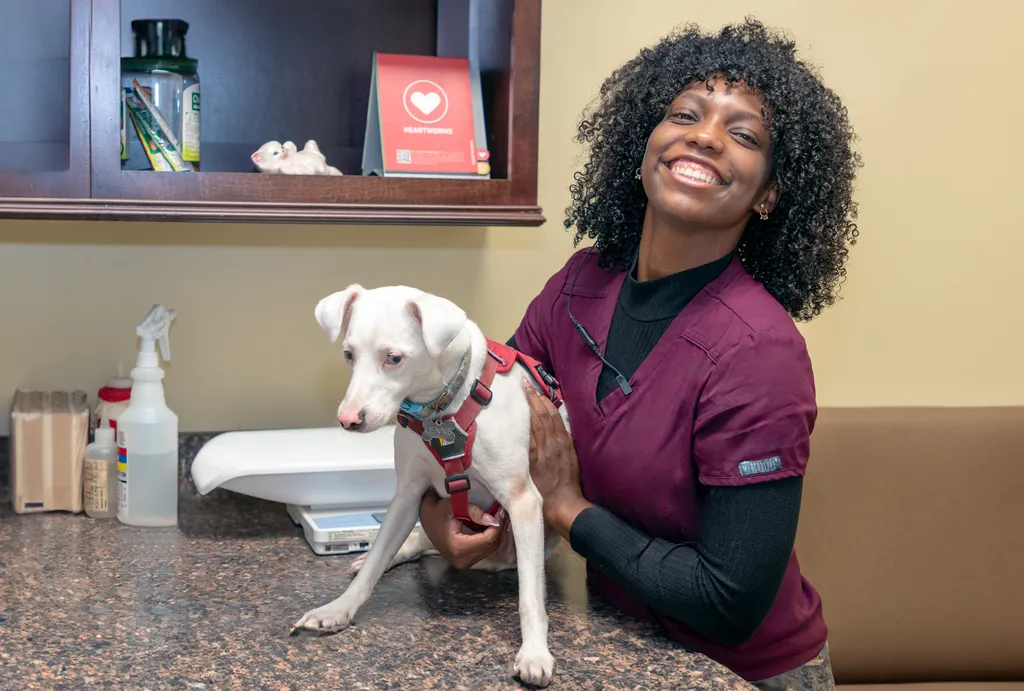There’s something special about caring for an older dog. With the crazy days of puppyhood behind you, a senior dog has cemented his or her place in your life. By now, you understand each other and delight in the quiet presence of one another’s company.
Thanks to advances in veterinary care and a greater understanding of their dietary needs, dogs are living significantly longer lives than previous generations. Just as our senior citizens deserve and require special care to help them lead the best lives possible, so do our senior pets.
What is a “Senior Dog?”
The term “senior” or “geriatric” can be complicated to define, but the fact is that dogs age much more rapidly than humans. While larger breeds may be categorized at an earlier age, most veterinarians agree that a dog can be termed senior between ages 7-10.
Senior Dog Health Concerns
If your dog is active and healthy, you may hardly notice the aging process as it occurs. However, senior dogs can experience many of the same age-related issues as humans, including:
- Arthritis and degenerative joint disease
- Diabetes
- Kidney and liver disease
- Various forms of cancer
- Vision and hearing loss/difficulties
- Cognitive problems
- Mobility issues
- Changes in appetite and water consumption
- Loss of interest in favorite toys or activities and other behavioral changes
Why is Senior Pet Care Important?
Annual visits are important for all dogs, but generally after age seven, we recommend bringing your dog in for a wellness exam twice a year. Besides the possibility of early detection, this extra visit allows for plenty of support regarding nutrition, behavior, and mobility issues. It also ensures your dog remains current with important vaccinations and parasite preventives.
What You Can Do
In addition to regular wellness exams, there are plenty of other ways to support your senior dog:
Dental care – Good dental care is especially important for senior dogs, as infected teeth and gums can lead to a host of other health concerns. Care for your pup’s pearly whites through daily tooth brushing (using a special dog toothpaste) along with regular dental cleanings.
Diet/exercise – Keeping your senior dog at a healthy weight is critical for his or her longevity and mobility. We will work with you to come up with a diet and exercise plan that’s tailored to the needs of your pet.
Mobility concerns – Most dogs will experience mobility issues as they age. Fortunately, there are a number of products to support the comfort and dignity of an aging pet, including orthopedic beds, raised beds, ramps, and stairs.
Climate control – Senior pets are more susceptible to temperature and humidity extremes than younger animals. Keeping older dogs inside during hot or cold weather is preferred, but if your senior pet must be outdoors, you should provide a soft, dry place to rest that’s sufficiently sheltered from the elements.
At Oak Forest Veterinary Hospital, we love senior dogs! Don’t hesitate to call us with any questions or concerns or to schedule an appointment.



